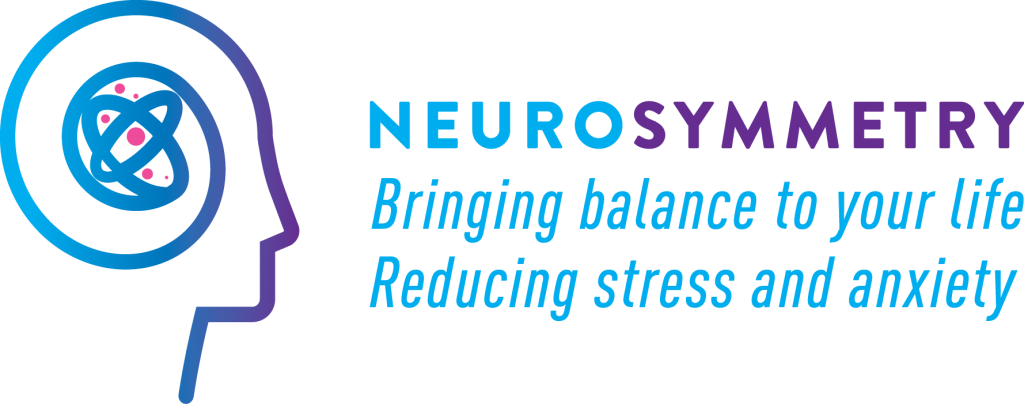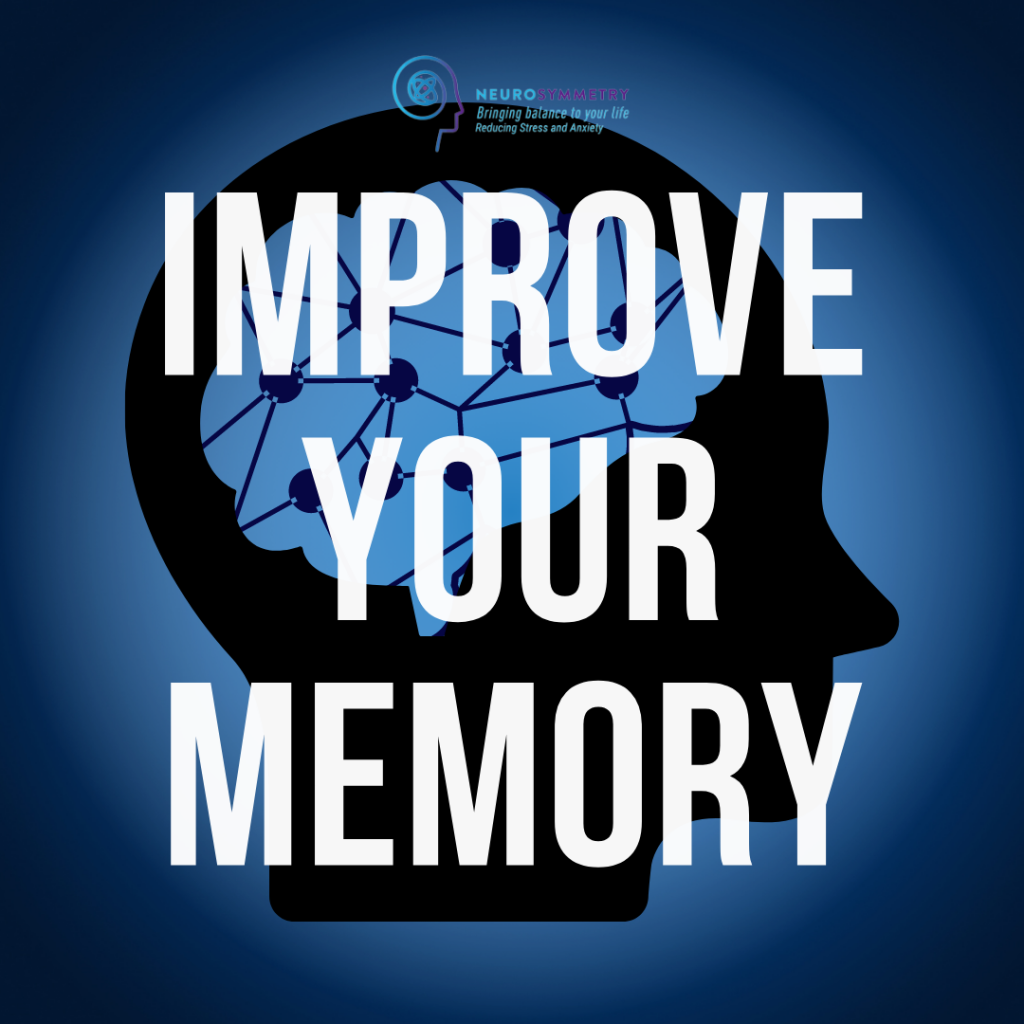
At times, we all worry about memory loss. You walk into a room and forget what you were after. Most of the time, this is simply a sign of being distracted, of having too many things on your mind. However, if you do want to do something and learn more on how to improve your memory, here are a few tips. They are simple but really will help.
Get plenty of effective sleep.
Sleep is essential for overall health and well-being. Getting enough sleep is especially important for memory. During sleep, the brain consolidates information learned during the day and strengthens memories. When people are sleep deprived, their cognitive function is impaired, including their ability to remember things. So if you want to improve your memory, make sure you get plenty of restful sleep.

Exercise regularly.
Engaging in regular physical activity has many benefits for the body and the brain. Exercise increases blood flow to the brain, which promotes brain health. It also reduces stress and improves mood, both of which can contribute to better memory.

Eat a healthy diet.
Eating a healthy diet is important for overall health, but it may also help on how to improve your memory. Foods that are rich in antioxidants and omega-3 fatty acids have been linked with better brain health. These include fruits, vegetables, nuts, and fish.

Challenge your mind.
Keeping your mind active and engaged will help to improve memory. Mental exercises, sauch as puzzles and brain teasers, can help to improve cognitive function. In addition, learning new information and skills can also help to keep the mind sharp.

Reduce stress.
Chronic stress can damage the brain and lead to memory problems. If you want to protect your memory, it’s important to find ways to reduce stress in your life. Exercise, relaxation techniques, and a healthy diet can all help to reduce stress levels.

Keep hydrated.
Water is essential for life and plays many important roles in the body, including helping on how to improve your memory. When you are dehydrated, your cognitive function is impaired, including your ability to remember things. So it’s important to make sure you stay hydrated by drinking plenty of water throughout the day. Drinking water can help to improve mood and reduce stress, both of which can also contribute to better memory.

Get organized.
If you’re struggling with memory, it may help to get organized. Keeping a planner or calendar can help you remember important appointments and deadlines. In addition, decluttering your home or office can reduce distractions and help you focus on the task at hand.

Remain socially active.
There are many reasons why being socially active is important to a great memory. First, social interaction provides mental stimulation, which helps to keep the mind sharp. In addition, interacting with others can help to reduce stress levels, which can also improve memory. Additionally, social activities provide opportunities for learning new things, which can help to keep the mind active and engaged. Finally, social support can help to reduce anxiety and depression, both of which can contribute to memory problems.

Prioritise.
There are many reasons why organising and simplifying things is important on how to improve your memory. First, when things are organised and simplified, it is easier to focus on any one task and remember what you need to do. In addition, having a simplified list of tasks can be less stressful, and stress can damage the brain and lead to memory problems. So it’s important to focus on one thing at a time and organise the tasks in a way that is most effective for you. Additionally, breaking down tasks into smaller, more manageable pieces can also help on how to improve your memory.

Avoid bright screens before bed.
Before bed, using a computer, phone, or other electronic equipment can disrupt sleep and induce memory problems. The light from the displays may suppress melatonin, which is a hormone that controls sleep. Furthermore, the blue light emitted by electronics has been found to interfere with REM sleep, during which memories are consolidated. As a result of this, it’s critical to avoid electronics before bed in order to get a good night’s sleep and protect your memory.

These are just a few tips that can help on how to improve your memory.
If you’re still worried and would like some professional help, neurofeedback is a great way to get you back on track.
Ask me, Vicki, how on 0400 232 908 or have a look at my website.

